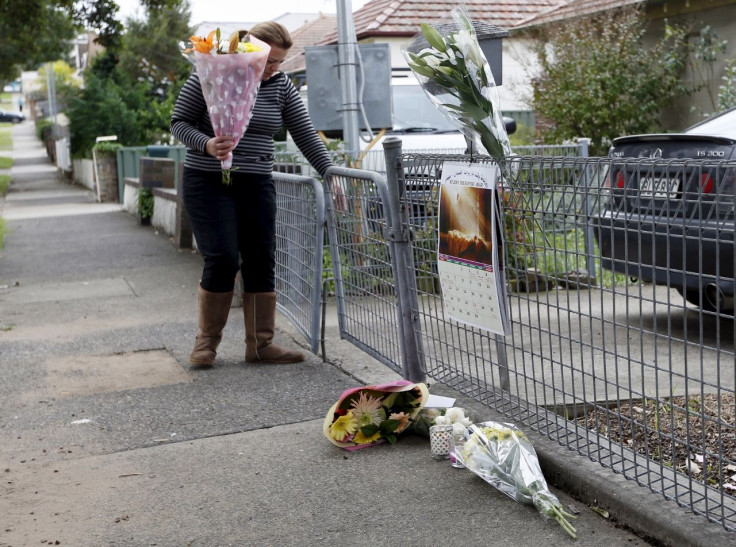Bali Nine Executions: World Leaders, Activists Blast Indonesia for Barbaric Actions

As Indonesia pursued the executions of eight convicted drug-traffickers overnight, including Bali Nine ringleaders Andrew Chan and Myuran Sukumaran, it received a mouthful of condemnation from the world over.
As with Australia, French President Francois Hollande warned Indonesia risks diplomatic "consequences" over the executions, more so if it pushes with the execution of Serge Atlaoui, a Frenchman, over the same drug-trafficking offences.
The French government "reiterates its opposition to the death sentence, in all cases and all circumstances,” Romain Nadal, French foreign ministry spokesman, said in a statement, noting France is in "solidarity" with the other countries whose citizens were put to death. Executed in the early hours of Wednesday were Australians Chan and Sukumaran, Indonesian Zainal Abidin, Brazilian Rodrigo Gularte, Nigerians Sylvester Obiekwe Nwolise, Raheem Agbaje Salami and Okwudili Oyatanze, and Ghanaian Martin Anderson.
Filipina Mary Jane Veloso was spared after her employment recruiter who reportedly tricked her to carry the illegal drugs to Indonesia turned herself in to Philippine authorities. It is believed Indonesian officials could be used as witness to further dig into the drug syndicate.
Brazil's President Dilma Rousseff said in a statement the news of the executions is received with "profound consternation." The execution of a second Brazilian, Gularte, "constitutes a grave fact in the area of relations between the two countries." Indonesian president Joko Widodo in an earlier interview implied he couldn’t care less on the fate of convicted drug traffickers because every year, 18,000 young people die in Indonesia because of drugs overdoses. "We are serious about our war on drugs."
Barbaric and merciless as it maybe, the president’s non-extension of clemency and approval of the executions is highly supported by the Indonesian people. “There are lots of our young generation and our citizens who die because of drugs. The government must be firm," the BBC quoted a certain Rahsia, who was one of several spectators on the road leading to the Tanjung Intan port in Cilacap, near to the prison where eight people executed overnight.
Rupert Abbott, Amnesty International's research director for Southeast Asia and the Pacific, described the executions as “utterly reprehensible… it shows complete disregard for due process and human rights safeguards.” Ethan Nadelmann, executive director of the New York-based Drug Policy Alliance said the availability of drugs in Indonesia or other countries won’t be reduced by the executions.
To report problems or to leave feedback about this article, email: e.misa@ibtimes.com.au.





















